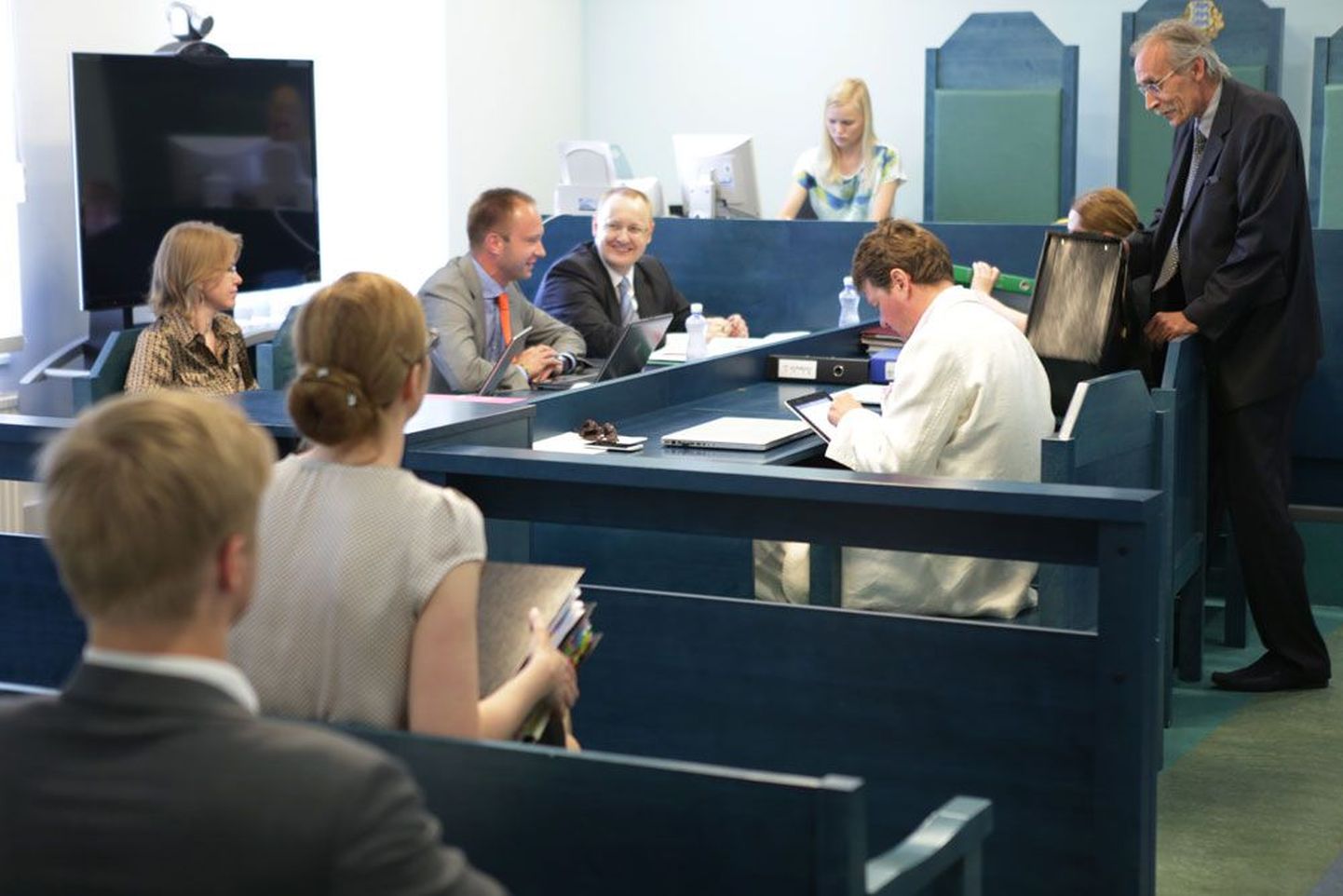Later, that very Ford was allegedly sold, for 5,000 kroons, to a close friend of Ms Pentus[-Rosimannus’] brother. The real market value of the vehicle, in today’s currency, was about €5,000.
Ms Rosimannus’ links to management decisions at Autorollo are also allegedly proved by an SMS sent by her to a third board member, Tiit Pohl. Väino Pentus then being in hospital and Mr Pohl trying to get contact with his wife Siiri.
In the message sent from Ms Rosimannus’ phone, Mr Pohl is told to leave Siiri alone; and, should Mr Pohl bother the hospitalised Väino, she would acquire protection orders from police. And moving the company money was also allegedly prohibited.
That straight-talking SMS is also included in the court files, as evidence. Ms Rosimannus’ counsel is not denying the existence of the SMS. However, it is supposedly justified by the customer knowing that all who would bother the severely ill Väino Pentus should be kept at bay.
Also, the bankruptcy committee claims that, in February 2010, Ms Rosimannus was personally present at a meeting between Mr Pohl and Väino Pentus, Ms Rosimannus presenting an Excel table containing a plan to save the financially distressed Autorollo.
All said: there are the indirect evidences. For example, 200,000 kroons from money earned from transactions with Autorollo assets were allegedly sent to Kaimo Räppo’s personal bank account. The latter being a sworn advocate and colleague of Mr Roode’s in law office MAQS.

/nginx/o/2017/11/30/7363613t1h0a4c.jpg)